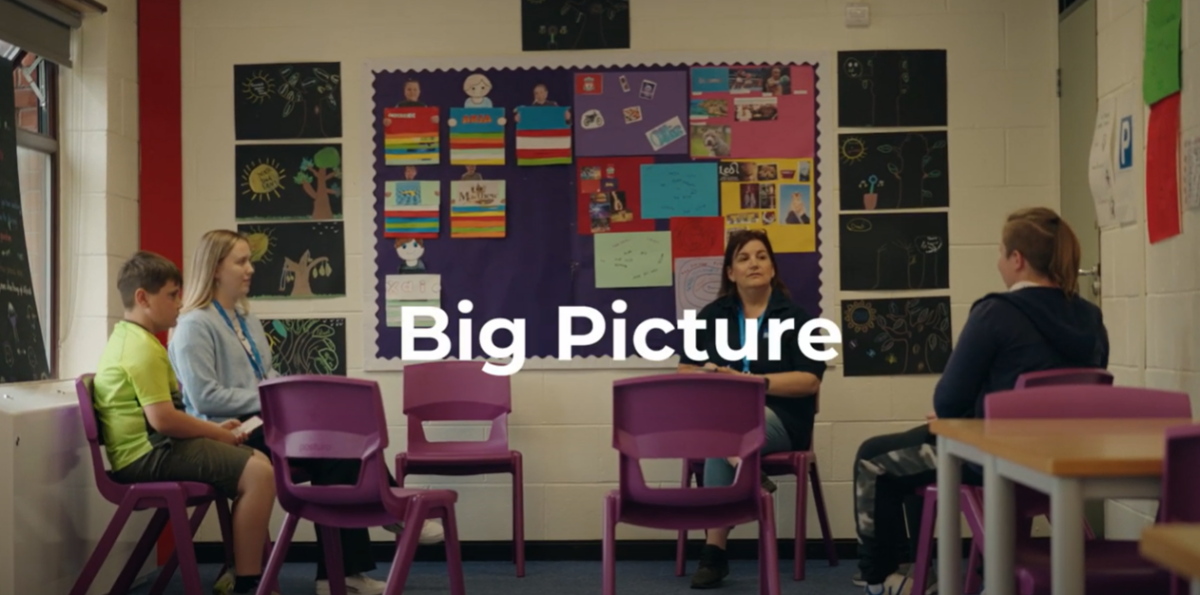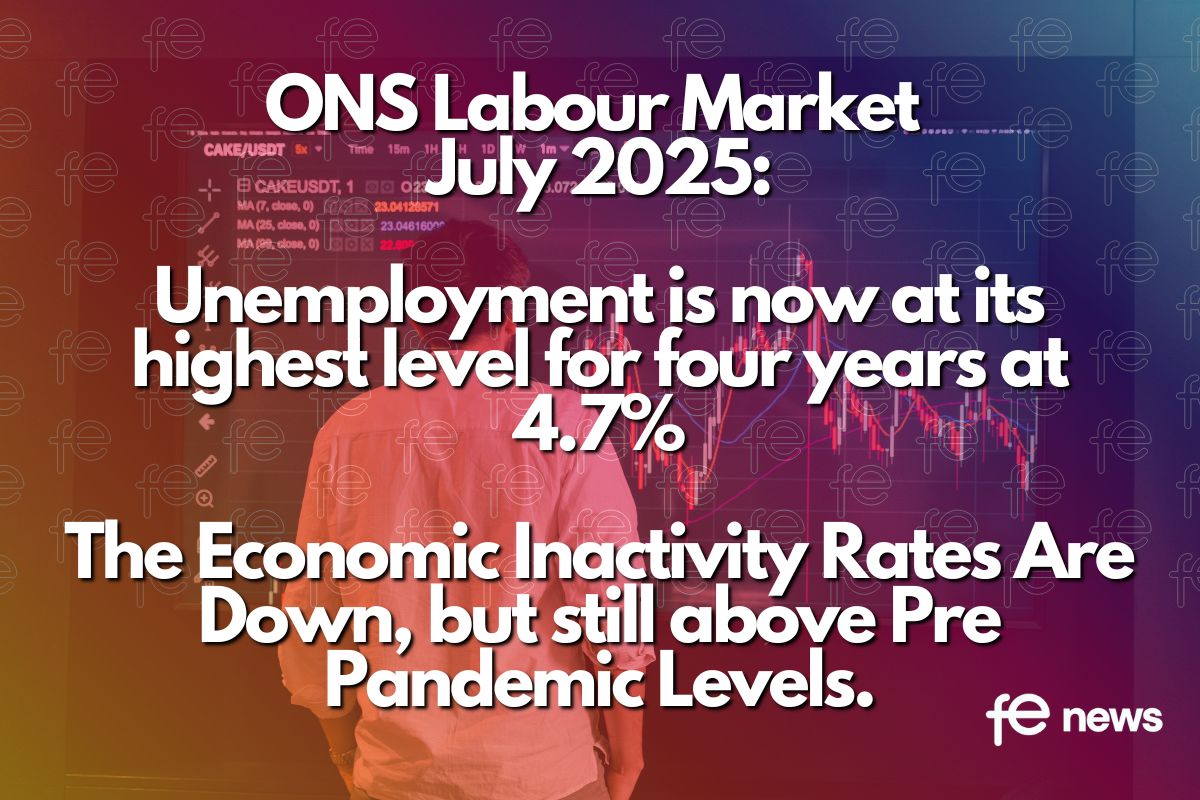Studying during rises in the cost of living, Latest OfS Report

In research published by the Office for National Statistics (ONS), 92 per cent of higher education students reported that their cost of living had increased compared with last year, in line with the statistic for all adults.
Inflation in the UK is at an almost 40-year high, principally driven by increases in the prices of energy, fuel, food and non-alcoholic drink. Although current predictions suggest that inflation and energy costs will fall during 2023, the recent rises in the cost of living have had an impact on many, and university and college students are no exception.
To understand these issues better, the Office for Students (OfS) has commissioned a poll of students and held roundtable discussions with university and college representatives, student representatives and higher education mission groups and representative bodies.
This brief examines the results of the poll and how far its findings are confirmed by other published evidence on students’ experiences of cost of living rises, and gives an account of the views expressed in the roundtable discussions.
The brief thus presents findings from a range of research, often conducted at pace and using a self-selecting sample of the student population. The results should be interpreted with caution. It is possible that the views of this subset of students differ from the views of students more generally, either because of random variation or because surveying a sample of volunteers introduces bias.
Findings of the polling for the OfS
The OfS commissioned Savanta to conduct a student poll on the cost of living. 4,021 students on the Youthsight panel responded to an online poll between 23 January and 15 February 2023. For more information about methodology, see ‘Evaluation report of the cost of living research in 2023’.
Rises in the cost of living have had a reported impact on many of the students polled. Almost one in five respondents said that they had considered dropping out of university or college because of such increases. This is particularly the case among postgraduate students (24 per cent of whom have considered dropping out, compared with 13 per cent of undergraduates) and disabled students (30 per cent of whom had considered it, compared with 14 per cent of those without a disability).
Nearly half of responding students (43 per cent) say they have cut back on spending on food shopping over the last six months. Over half (56 per cent) have reduced what might be seen as non-essential spending (such as takeaways and nights out) in the same period. In both cases postgraduate students were more likely to report taking these measures: 52 per cent were cutting back on food and 66 per cent on social spending, compared with 39 per cent and 51 per cent respectively among undergraduates.
Awareness of the support provided by universities and colleges to alleviate cost of living pressures appears to be varied. Over a third of the students polled reported being aware that their university or college provided hardship funding, bursaries and other financial support (38 per cent), and financial advice and guidance to alleviate the cost of living (36 per cent). Almost one fifth (19 per cent) said that they were not aware of any support, though this figure varied somewhat between type of study, year of study and type of institution. Students from minority ethnic backgrounds were more likely to be unaware of the support that their university or college provided (28 per cent, compared with 17 per cent of white students).
Just under half of responding students (44 per cent) agreed that their university or college has done enough to support students with cost of living issues over the last six months. However, over a quarter (27 per cent) disagreed, and agreement was substantially lower among disabled students and those from minority ethnicities. Of those with a disability, 25 per cent agreed that there was enough support while 38 per cent disagreed (compared with 49 per cent and 24 per cent respectively of those without a disability). 26 per cent of black and minority ethnic students agreed while 33 per cent disagreed, compared with 48 per cent and 25 per cent respectively among white students.
2,235 respondents (56 per cent) had received support from their university or college to help with the cost of living rises. Of these students, over four in five (85 per cent) reported that this support has enabled them to succeed on their courses. Almost nine in ten students without a disability (87 per cent) said that the support they received from their university or college has enabled them to succeed on their courses. However, the percentage for disabled students is lower, at 74 per cent.
Sector Response
Universities UK spokesperson, said:
“Universities have stepped up to alleviate the financial pressures that students are experiencing due to the cost-of-living crisis. The rising cost of utility bills, rent and food are just some of the financial pressures facing students as well as an insufficient maintenance package for those in England. With inflation still high, it’s imperative that the maintenance support package is reviewed as the recently announced maintenance uplift for next year will not cover the real-terms cut that students are seeing.”
“The results from the OfS polling that explored the impact of the cost-of-living crisis further highlights the difficulties that many students are experiencing across the country. Although it’s encouraging to see universities go the extra mile to support students, we urge our members to continue to effectively communicate the wide range of support that is available to students.”











Responses